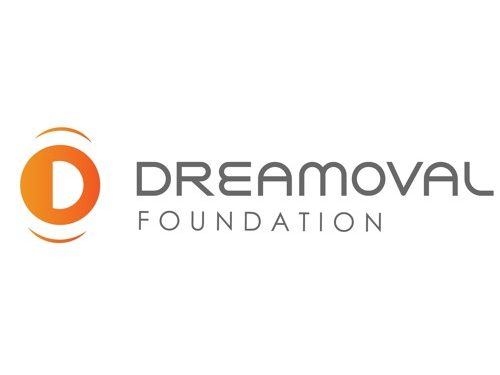Since the pandemic, the notion of purpose and what it means for organizations has steadily become a major topic. There have been shifts in public sentiment on how corporate organizations can and do truly build value outside themselves.
Globally, the conversation around organizations and their meaning to society has become more prominent. People, businesses, and governments have begun to strongly consider this before considering partnerships, collaborations, and adoption.
As this conversation has bubbled up, we’ve seen companies – sometimes desperately – try to connect their activities to some sort of purpose. However, hasty moves often result in a definition of purpose that comes across as inauthentic.
Despite this, we’ve seen amazing examples of companies that express their purpose as a meaningful and significant part of their existence. Many of these examples have come from outside the continent – Patagonia, for example. However, there are stellar examples to be found right here in Ghana.
The DreamOval Foundation, for example, has been steadily building impact over the last decade around teaching skills in technology. The Foundation – born out of DreamOval, one of Ghana’s most prominent technology start-ups – has managed to strategically align its purpose with its mission.
The organization, which got a fintech license in 2019, has a mission to empower Africa’s middle class. In their words, “the continent’s development is hinged on how quickly the middle class can grow. Enabling this with technology is why we come into work each day.”
In 2015, the DreamOval Foundation put together the DreamOval DevOps initiative and partnered with HackLab to roll this out in KNUST as a Hackathon in partnership with Stanbic. A second edition of the Hackathon was run in 2017. Hacklab has since expanded its hackathons across 11 African countries, supported over 17,000 young people and placed over 1800 people in jobs.
DreamOval created the DreamOval Foundation 11 years ago in line with this mission. “Because our domain is really technology, we made it our focus to increase access to technology for everyone from students to teachers. It is critical for the next generation to face the challenges before them armed with skills that can put them at par with, if not give them an advantage over, their peers elsewhere,” says Claud Hutchful, CEO.
Africa has not traditionally had a fair fight. Technology allows the continent to level the playing field and give the upcoming generation a chance to shine. In line with this purpose, the DreamOval Foundation has invested resources in building multiple instruments that target different parts of the ecosystem. This includes everything from thought leadership programs that connect students to industry leaders in honest conversations to programs aimed specifically at improving teachers’ skills in technology so they can better foster students’ imaginations around the subject.
As testament to the impact this has had over the years, the Foundation has begun to attract the attention of partners including Fondation Botnar, Dext, MEST, and Foundervine.
The Foundation’s G-Step program, currently in its second year, is a three-year course designed to upskill JHS students in science, technologies, engineering, and mathematics (STEM). It challenges students to come up with practical solutions to contextual African problems. This program, for example, has attracted buy-ins from Ghana’s ministry of Education and the Ghana Education Service. It’s not often that the paths of a fintech startup and education ministries meet.
Before the Foundation began to get international partnerships, the founders of the organization began by sponsoring and teaching the programs themselves. The organic growth of the Foundation is testament to their sheer grit for the purpose tied to their core passion.
Now, a decade later, the DreamOval Foundation has taught one million students technology and ICT fundamentals, 3,500 teachers how to teach ICT basics, and 500 students skills in robotics and automation. In addition, two million youth have benefited from its thought leadership programs.
As DreamOval embarks on an aggressive plan for expansion into francophone Africa, with offices already in Côte D’Ivoire and Guinea, the Foundation is likely to follow. It will be interesting to see how the organization’s purpose manifests as it expands across the continent.
Purpose can no longer be disconnected from the core DNA of an organization, or it risks becoming inauthentic, unsustainable, and burdensome. But there are local examples to be proud of. An organization can seamlessly live out its purpose authentically. It’s possible and it’s important, now more than ever.
To learn more about the DreamOval Foundation, visit www.dreamoval.org
Source: DreamOval Foundation


Comments are closed.